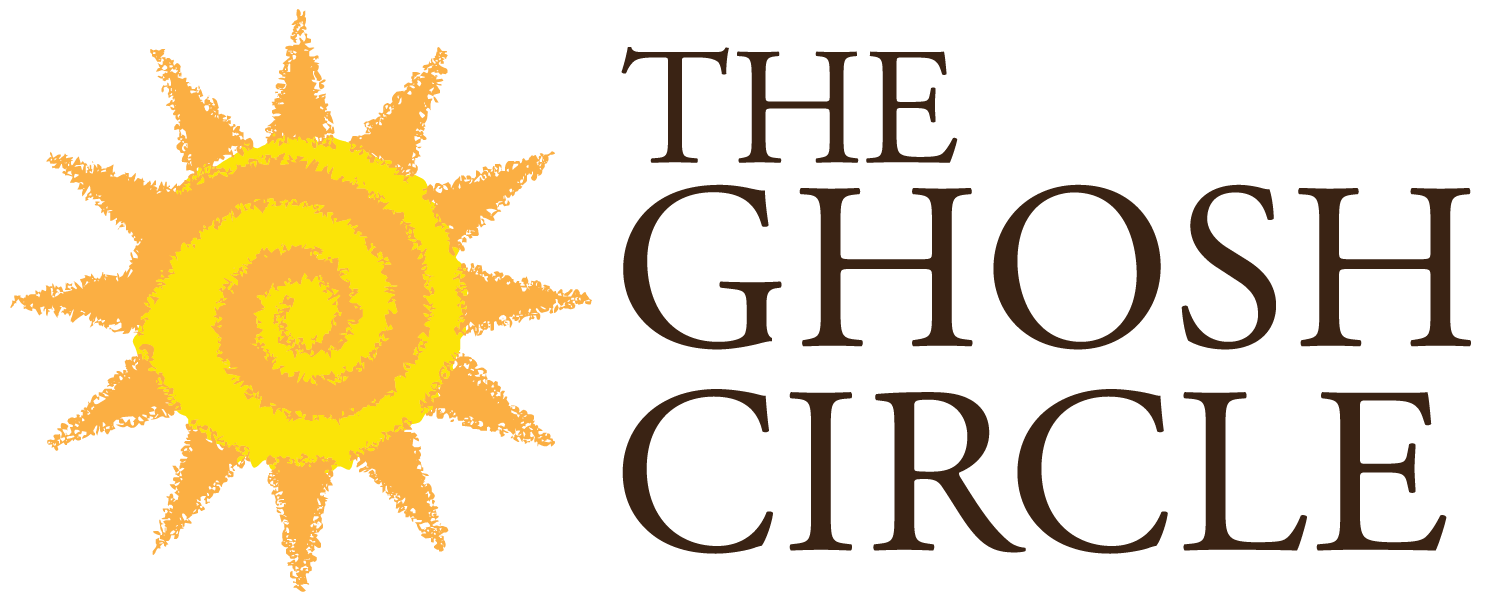Make the Most of Open Enrollment
Our pharmacy tech Becki Tinder shares ways to simplify the process of comparing Medicare Part D (prescription benefits) plans.
Best Prescription Coverage at the Best Price
If you’re eligible for Medicare Part D, now's the time to review your options and see which plan best meets your needs for the coming year. While the number of options may be overwhelming, it’s important to compare plans and make an informed decision by December 7, when open enrollment ends.
Being informed and choosing the right plan for your needs can save you money. Although it’s unlikely you'll find a plan that covers 100%, the idea is to minimize your expenses while getting the best coverage.
Questions You Should Ask
Here are some questions to consider as you compare plans for next year.
1. How well does this plan cover the medications I need?
It’s best to have a list of your current and anticipated medications. For instance, if you have cancer, research possible oral chemotherapy drugs for your type of cancer and check to see if they’ll be covered. You don’t want to be stuck with a plan that isn’t going to cover the drugs that you need.
2. What is the plan’s star rating?
Plans are now rated with stars based on quality of care, and 5 stars is the best. If your plan fails to provide you with the best care, you may be able to switch to a 5-star plan without penalty once during the year.
3. Will my cost be affordable?
Each plan has a monthly premium and may have a yearly deductible. The copay (flat fee) or coinsurance (a percentage of the cost) for your prescription drugs may vary from plan to plan. Once you have a list of the medications you’ll need, you can determine what your potential out-of-pocket expenses will be for each plan and which plans are comfortably affordable.
4. Does this plan offer convenience for filling my prescriptions?
Check to see if the plans require you to use mail order, or if you can fill prescriptions at your local pharmacy. Not all plans will contract with your preferred pharmacy. Some have a special “in-network” arrangement with a particular pharmacy, which provides better coverage. If your pharmacy is considered “out-of-network,” you will likely pay a higher copay or coinsurance. Your plan may also steer you to a mail order pharmacy for maintenance medication.
5. How are specialty drugs handled?
Some plans may require you to use specialty pharmacies for specialty medications, such as oral chemotherapy.
6. Will my plan cover expensive meds for specific health conditions?
All insurance plans have what’s called a formulary, a predetermined list of medications they prefer to cover. If your medication is not on this list, it may still be covered if you have prior authorization, or it may be covered, but with a higher copay.
Help with Medicare Part D
You can use Medicare’s website to compare plans, or you can make an appointment with the local SHIIP (Senior Health Insurance Information Program) office to meet with a volunteer who will help you compare plans.
I’m also available to help answer questions and get you lined up with resources to make this process less intimidating than it seems. At The Ghosh Center, we’re dedicated to making your healthcare affordable and finding resources to help reduce your expenses. In fact, we are nearing the three-million-dollar mark in total assistance secured for our patients. Much of this goes toward prescription medication.
SHIIP Resources
Heritage Area Agency on Aging (SHIIP): 319-398-5559
Mercy SHIIP office: 319-861-7887
Unity Point SHIIP office: 319-369-7475

